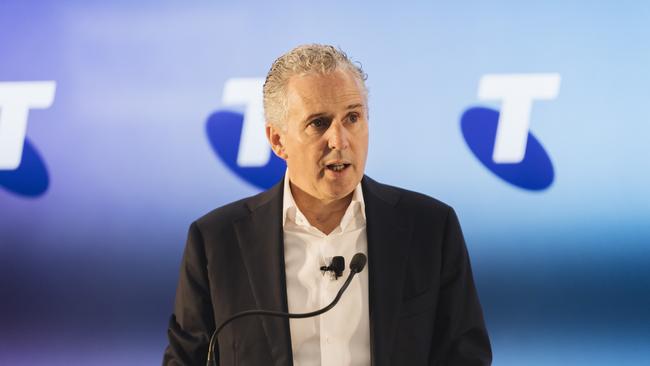Telstra braces for strike as pay negotiations heat up
Telstra is facing a strike next Tuesday after a union threat of limited industrial action was given short shrift.

Telstra is facing a strike next Tuesday after the Communications, Electrical and Plumbing Union’s (CEPU) original threat of limited industrial action was given short shrift by the telco.
CEPU members last month voted in favour of a protected industrial action, with workers refusing to undertake specific duties during unpaid time, in a bid to get Telstra to renegotiate its Enterprise Bargaining Agreement (EBA).
According to the CEPU, Telstra’s (TLS) proposed pay rise of 4.5 per cent over three years — which amounts to a pay rise of 1.5 per cent each year — is inadequate, coming in below the current inflation rate of 2 per cent.
The protected industrial action was designed to send Telstra a message, however, according to the CEPU, the telco has escalated the situation by threatening to dock the full pay of any worker participating in the protected industrial action.
“In effect, Telstra has threatened to lock employees out of their employment — basically saying; ‘Engage in this ban and you might as well stay home, because we won’t pay you anything.’
“This ban would’ve enabled members to send a clear message that you and your family deserve a fair pay rise and you are willing to fight for that, while minimising impact to your customers,” the CEPU said.
The union has now advised its members, covered by the EBA, across all state and territories to down tools on March 12.
The 24 hour strike will exclude members working in triple-0 centres and those performing medical/emergency work, the union said.
Telstra maintains that the strike will have minimal impact on its operations, with a spokesman telling The Australian that the strike will take a small percentage of its total workforce out of action.
The stoush, while contained, points to potentially bigger fights ahead between Telstra and the unions as the telco forges ahead with its plans to reshape its workforce.
Telstra plans to cut up to 9500 jobs over the next three years as part of its T22 strategic overhaul and CEO Andrew Penn has made it clear that the composition of the telco’s future workforce will change by 2020.
According to Mr Penn, the collision of the traditional telco world with technology trends like cloud computing, software defined networking and cybersecurity means that the telco is looking for different skill sets.
“5G is a highly technical area and the traditional world of telecommunications, which was about electrical engineering, is converging with the world of computing,” he recently told The Australian. “We have to build capabilities in that world to be successful and generate value not just through connectivity.”




To join the conversation, please log in. Don't have an account? Register
Join the conversation, you are commenting as Logout